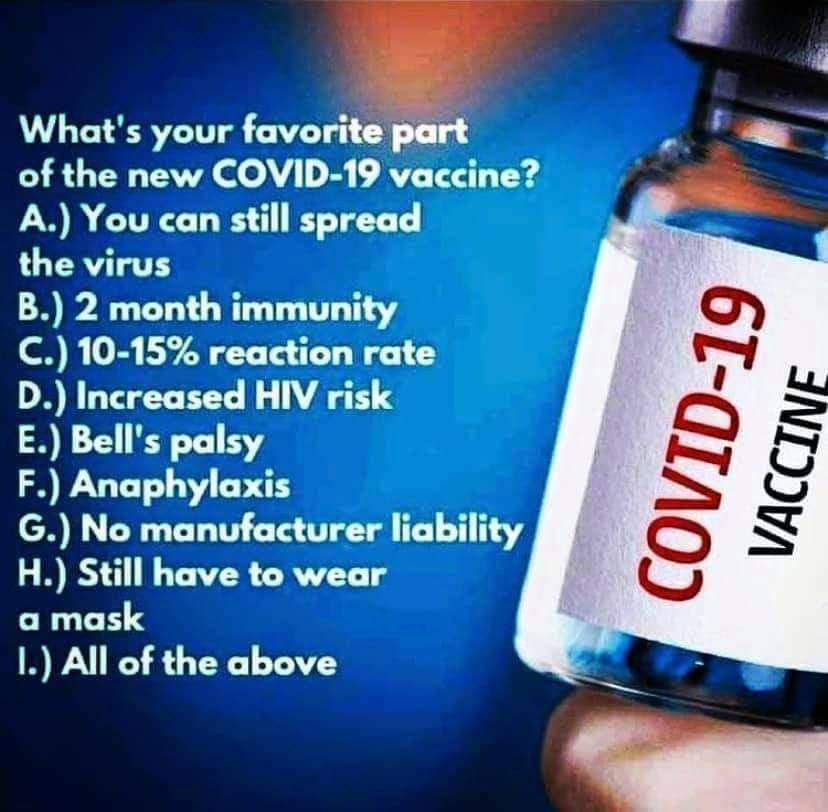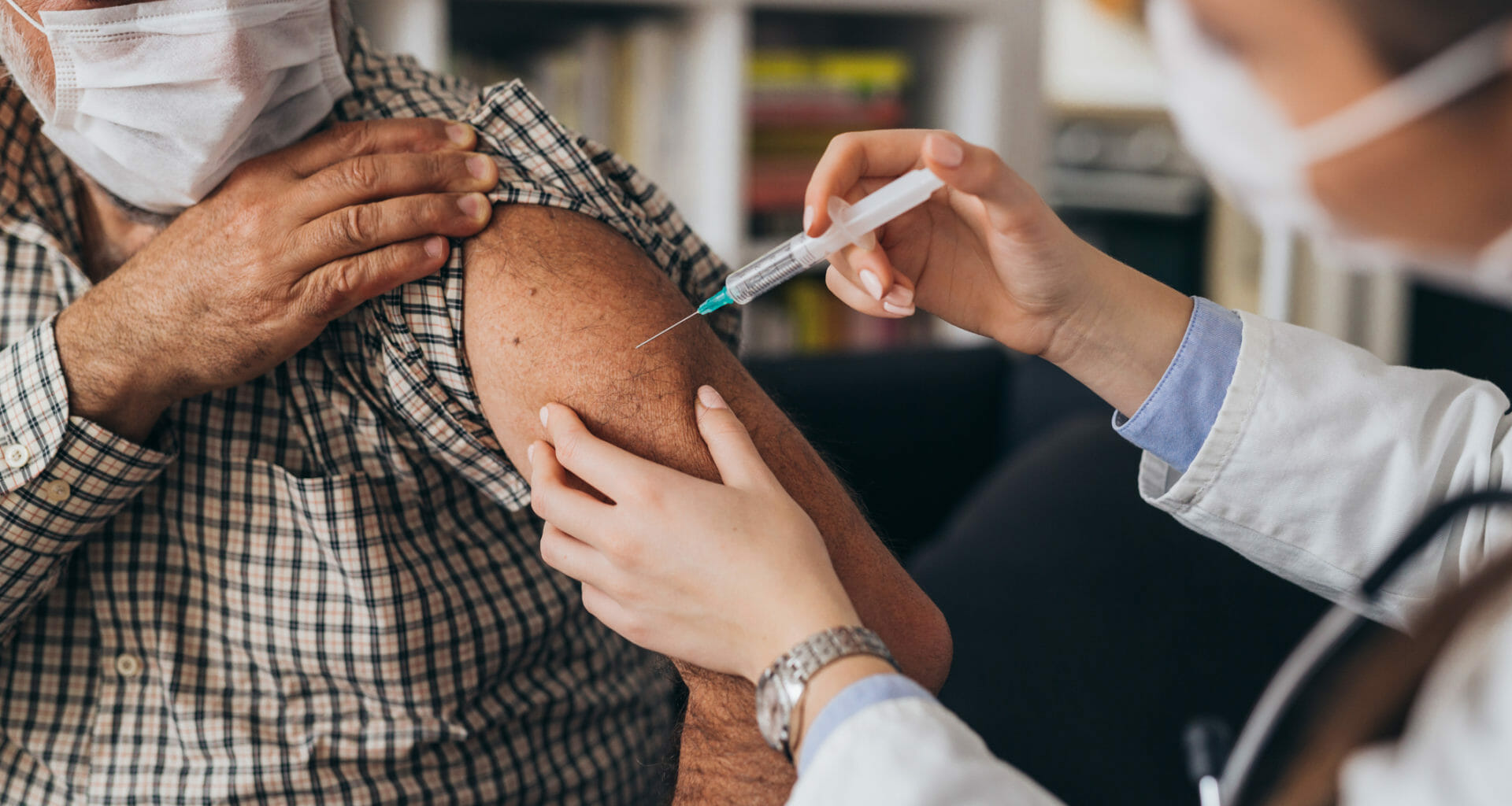As the Covid-19 vaccine is rolled out across the UK and the world, those who are opposed to taking the jab have continued to question its properties and effects.
One image, widely shared in Scotland, referred to a list of supposed attributes of an unnamed coronavirus vaccine.

Ferret Fact Service looked at the claims relating to the effects of the vaccine.
Can you still spread the virus after vaccination?
There are three vaccines approved for use in the UK: from AstraZeneca, Pfizer, and most recently Moderna.
The vaccines approved in the UK have shown effectiveness at stopping you from getting ill from the virus, but it is not yet known whether they will stop you from passing on the virus. This will become clearer as the vaccine is more widely rolled out and monitoring has been done on transmission.
Does the vaccine only give two months immunity?
The length of time that someone will be immune after getting the vaccination is yet to be confirmed. There is no quick way to find out, and scientists will have to monitor those who have received the different vaccinations to see how long their immune response lasts.
Many experts expect that the vaccine will be recurring, so you will need to get a fresh vaccination, perhaps annually. This is common for many vaccines, such as the flu jab.
It is likely to provide at least several months of immunity, but we will not know until people have been vaccinated for a longer time.
Do vaccines have a 10 to 15 per cent reaction rate?
This claim appears to come from an interview with Dr. Moncef Slaoui, who led the US Covid-19 vaccine program under Donald Trump.
This refers to “significantly noticeable” effects such as fever, chills, muscle aches, and headache. It does not mean major allergic reactions to the vaccine. In the US, the Center for Disease Control (CDC) revealed that after more than 1.8 million first doses of the Pfizer-BioTech vaccine, 4,393 reports of adverse effects had been reported, and just 175 with severe effects. This is less that 0.01 per cent.
What about anaphylaxis?
Serious allergic reaction, known as anaphylaxis, occurred in just 21 cases, a rate of 11.1 per million doses administered.
It is common for some people to experience mild to moderate effects after getting any vaccine. They rarely last more than a few days.
Does the vaccine give you an increased HIV risk?
A group of researchers had a letter published by medical journal, The Lancet, in which they warned of a potential increased risk from HIV from certain vaccines which are in development.
The editorial piece references Covid-19 drugs which are at the trial stage, and use a “type-5 (Ad5) vector. An Ad5 vectored vaccine uses a genetically modified adenovirus to create the spike proteins which train your body to fight off a Covid-19 infection
The group argued that caution was required in trials using this type of vaccine vector as they had found it could give an increased risk of acquiring HIV, during previous trials for an HIV drug.
This is a hypothetical concern, but one that has been raised before specifically for Ad5-based vaccines. However, none of the currently approved vaccines in the UK are based on this, so do not carry the same potential risk. According to the New York Times Vaccine Tracker, an Ad5 vaccine is in limited use in China and another is being used in Russia.
Does it cause Bell’s Palsy?
The image suggests that the vaccine is likely to give you Bell’s Palsy, a weakness affecting one side of a person’s face. It is usually temporary and is often treated with steroids.
This not correct. Four people involved in the Pfizer-BioNTech Covid-19 vaccine trials developed the condition, which is a very small proportion of the 38,000 who took part in the trial.
Four cases were also noted in the Moderna trial, out of 30,000, while no reports of Bell’s Palsy have been reported from the AstraZeneca trials.
It is also about the number that would be expected to develop Bell’s Palsy in similar-sized groups of people.
The US Food and Drug Administration (FDA) reported that “the observed frequency of reported Bell’s palsy in the vaccine group is consistent with the expected background rate in the general population, and there is no clear basis upon which to conclude a causal relationship at this time.”
They recommend that monitoring for Bell’s Palsy is undertaken as the vaccine is rolled out.
Ferret Fact Service (FFS) is a non-partisan fact checker, and signatory to the International Fact-Checking Network fact-checkers’ code of principles.
All the sources used in our checks are publicly available and the FFS fact-checking methodology can be viewed here.
Want to suggest a fact check?
Email us at factcheck@theferret.scot or join our Facebook group.














